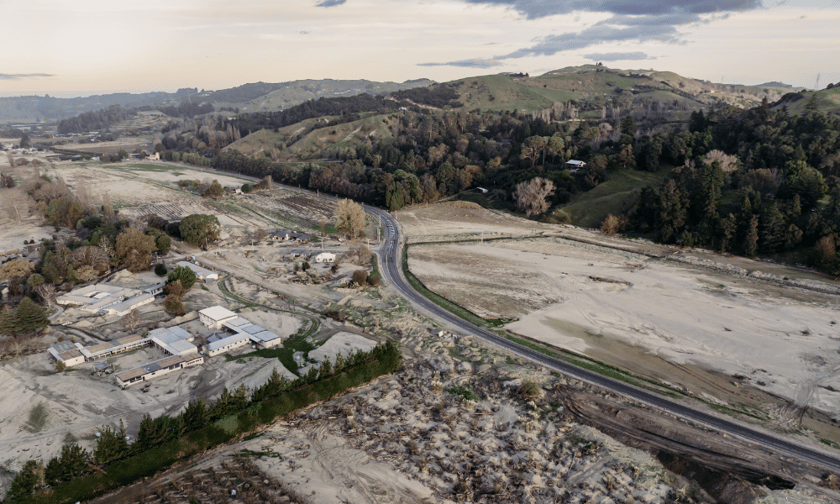

New Zealand’s government has announced plans to introduce legislation this year to help communities and businesses adapt to increasing climate-related disasters. The law is expected to take effect in 2026 and will establish a framework for managing the growing risks of extreme weather. A Bloomberg report noted the announcement follows reports from the Climate Change Commission and a parliamentary select committee inquiry.
Climate Change Minister Simon Watts said the government is prioritising adaptation measures to enhance the country’s resilience.
“The government agrees with both reports that adaptation efforts need to increase in scale and pace,” Watts said. “That is why we are prioritising action on climate adaptation to ensure our businesses, households and economy are more resilient to the effects of climate change.”
New Zealand has faced major climate-related disasters in recent years, including the 2023 Auckland floods and Cyclone Gabrielle, which caused an estimated$14.5 billion in damage. Currently, around 750,000 residents and 500,000 buildings are at risk due to their proximity to flood-prone rivers or coastal areas.
The proposed framework is expected to clarify how the government and local councils share the costs of climate adaptation measures such as flood defences. It will also define responsibilities for businesses, households, and insurers.
With insurance costs rising in high-risk areas, the government has acknowledged that some communities may need to relocate under a “managed retreat” strategy.
Insurance Council chief executive Kris Faafoi expressed support for the initiative, emphasising the importance of a practical and widely accepted plan.
“The prospect of more frequent and severe weather events may impact the stability of our housing, finance and insurance markets,” he said. “We are committed to finding solutions that reduce our exposure to natural hazard risks by avoiding building in dumb places and by investing in infrastructure that protects communities.”
Do you have something to say about the recent announcement? Share your thoughts in the comments below.
